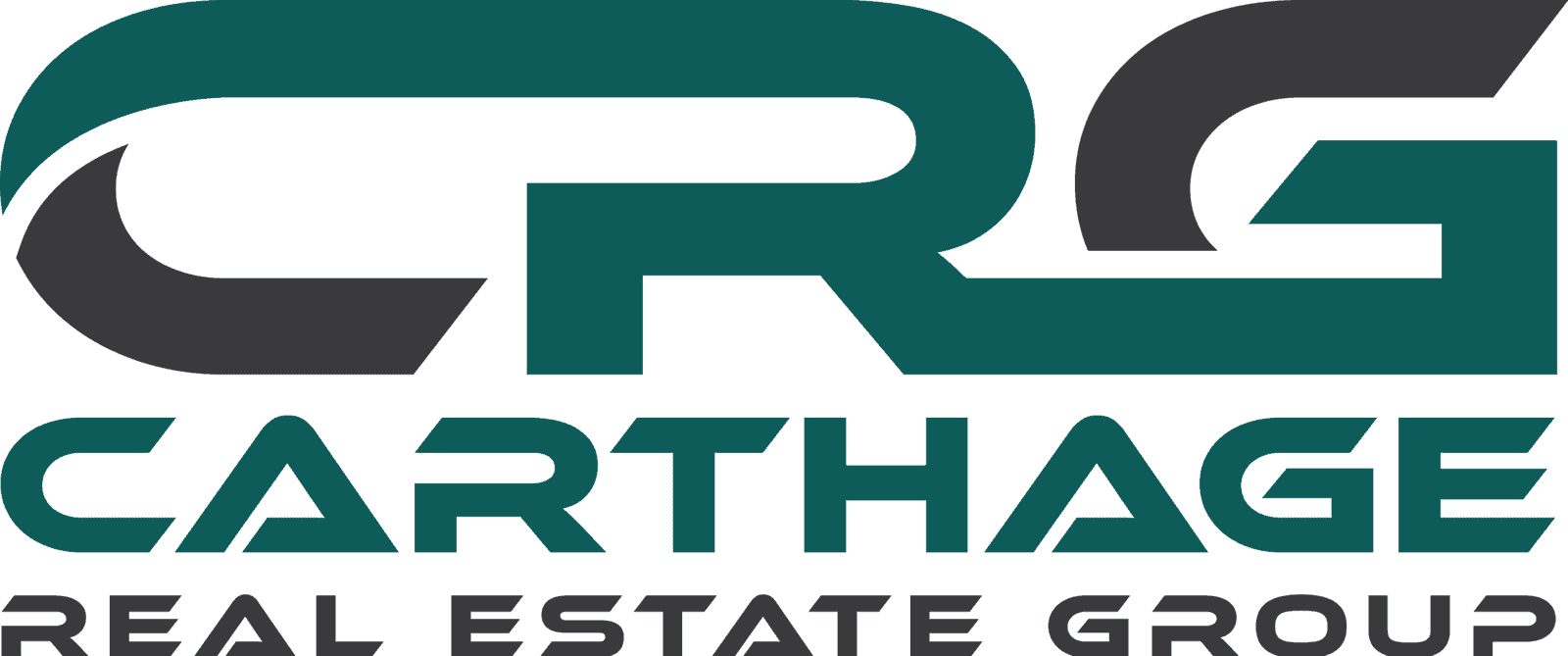Access to Creative Financing
Access to ITIN financing
Individual Tax Identification Number (ITIN) loans are for borrowers who do not have Social Security numbers. Borrowers with ITIN cards can qualify for a mortgage or commercial loans as long as they meet the eligibility requirements.
Generally 20% down payment is required for ITIN loans (gift funds are allowed). Borrowers will need to provide 2 years of tax returns, 2 years of W2s or 1099s, and 3 months of bank statements. ITIN borrowers will need to provide a passport, ITIN card, and driver’s license.
Our experts can help you grant access to affordable and quality financial services and grow your loan portfolio, now you will have many options to these services like those with a social security number.


Access to private lending
Private lending refers to funding from sources not defined by regulators as “public lending institutions” – which is how the federal government describes banks, mortgage companies, credit card companies, and other conventional sources of financing.
Loans from private lenders work just like loans from banks or credit unions. You receive funding to buy a property, make a purchase, consolidate debt, make home improvements or any number of other expenses. Then, you pay the amount you borrowed back in installments, with interest.
In the private commercial real estate lending industry, there are several types of private lenders
- Private individual,
- Private equity fund or firm,
- Family office,
- Hedge fund, and lastly,
- Self-funded specialty finance company.
Access to hard money lending
Hard money loans are a good fit for investors who need to get funding for an investment property quickly, without any of the red tape that goes along with bank financing.
Those who want to invest in rental property but don’t qualify for traditional financing might seek out a hard money loan to pay for their investment. This method is useful if you can’t get approved for a traditional loan due to credit history or you need more money than a traditional lender will let you borrow.
A hard money loan is similar to an “all cash offer” to the seller because of the speed of funding. You can close a hard money loan in as fast as 24 hours in some cases. Real estate investors bypass traditional mortgage lenders all the time by making cash offers using hard money.
Because the lender isn’t taking your credit score into account, the loan is considered riskier and earns a higher interest rate than other loan types.
We simply get on the phone, and ask if they would be interested in working with you. Provide them with some details, such as the minimum investment and return on investment. These don’t necessarily have to be exact figures. Again, don’t overthink it, we will assist you through the process.


Access to SBA and government loans
The U.S. Small Business Administration helps small businesses get funding by setting guidelines for loans and reducing lender risk. These SBA-backed loans make it easier for small businesses to get the funding they need. The Benefits of SBA-guaranteed loans
- Competitive terms: SBA-guaranteed loans generally have rates and fees that are comparable to non-guaranteed loans.
- Counseling and education: Some loans come with continued support to help you start and run your business.
- Unique benefits: Lower down payments, flexible overhead requirements, and no collateral needed for some loans.
What are the four eligibility requirements the SBA looks at when determining loan requirements?
Owners with less than 20% ownership may provide a full or limited guarantee (SBA Form 148L). Business financial statements, such as income statements, balance sheets and cash flow projections. Income tax returns. Detailed schedule of collateral
Who does not qualify for SBA?
A bad credit score (below 630) likely disqualifies you. Work on building your score before submitting an SBA loan application. Ways to build your credit fast include making frequent payments on accounts, asking creditors for higher credit limits and disputing errors on your credit reports.
What is the easiest SBA loan to get?
SBA micro-loans are one of the easiest SBA loans to get. SBA micro-loans are issued by nonprofit community lenders, who set their own rates and eligibility requirements (with some guidance from the SBA)
Owner financing
Owner financing allows a buyer to purchase real estate without taking out a loan from a lender to buy it. The owner and buyer work out an arrangement to make installment payments directly to the owner. The payments continue until the debt is satisfied, or the buyer can secure a loan and complete the purchase.
In this situation, the owner agrees to sell his property to the buyer, who makes a down payment plus monthly loan payments to the owner. The seller uses those payments to pay down their existing loan. Often, the buyer pays a higher interest rate than the interest rate on the seller’s existing loan.
Owner financing is a popular option for borrowers because it can make it easier to finance the purchase of a property or business. Sellers might opt for owner financing to expedite the closing process and collect interest rather than taking a lump sum payment.


